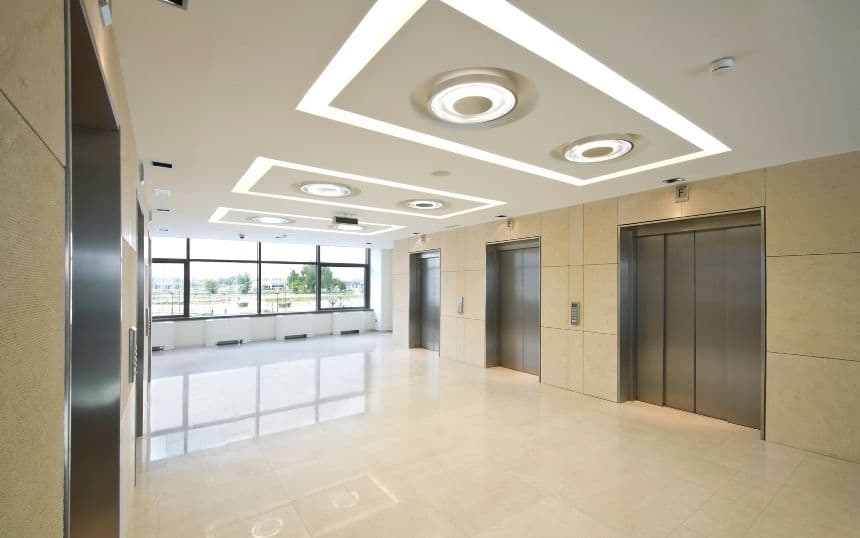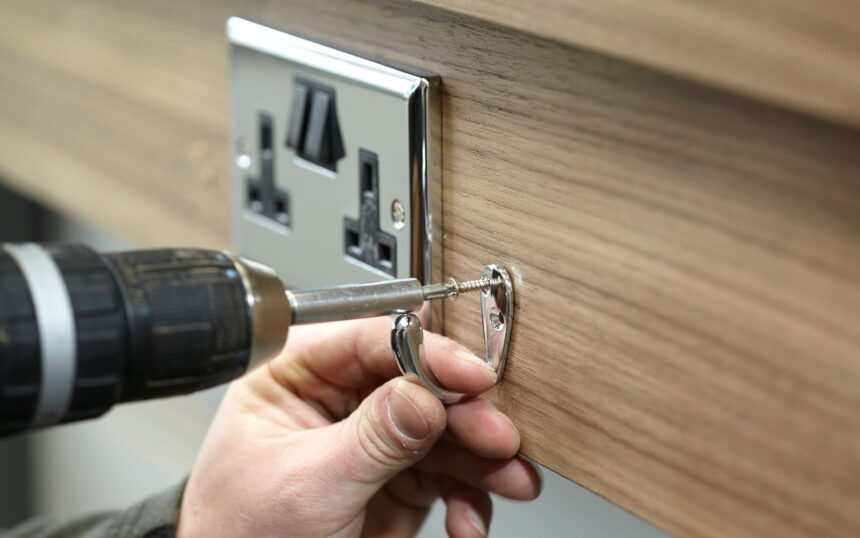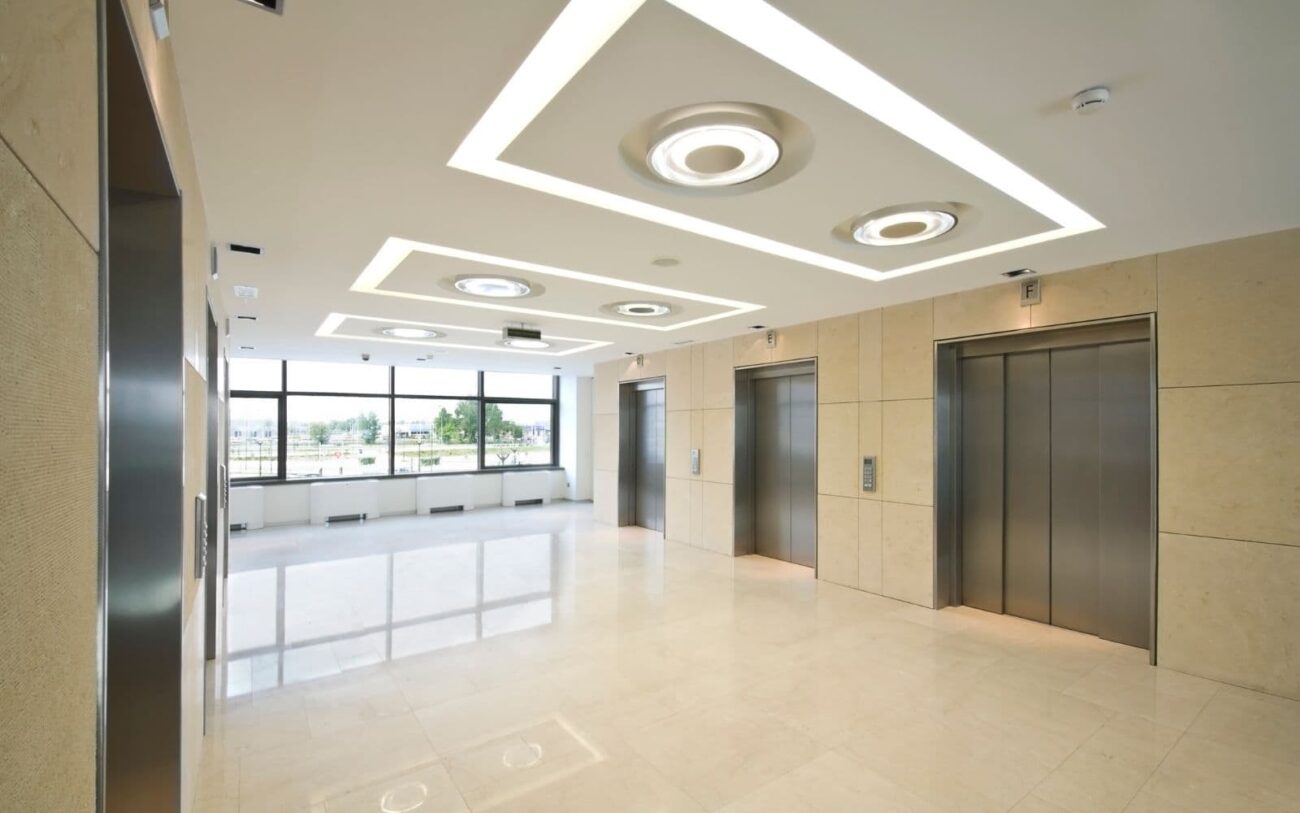What items are missed?
-


Heating Systems
-


Lifts
-


Fire and Security Systems
-


Ironmongery and Much More...
New rules affecting all commercial property transactions
The first change (from April 2012)
The transitional period for Corporation Tax was the 1 April 2012 up to and including 31 March 2014; for Income Tax it was from 6 April 2012 up to and including 5 April 2014.
Where the Seller has made a Capital Allowance claim, the “Fixed Value Requirement” ensures that the Vendor’s disposal value and Purchaser’s acquisition value are one and the same. This is achieved by requiring the Seller and Buyer to enter into a joint Section 198 or Section 199 Capital Allowances Act 2001 election within two years of the transfer of the property.
If a figure cannot be jointly agreed, either party may make a unilateral appeal to the First Tier Tax Tribunal for an independent determination.
The second change (from April 2014)
After April 2014, the rules changed again to include a new “Pooling Requirement”.
For any property bought on or after the commencement date, in order for the Purchaser to be able to claim Capital Allowances, any Seller who could have claimed Capital Allowances must pool (though not necessarily claim) the allowances, which can then be passed to the Buyer.
The Pooling Requirement extends to all previous owners and not just the current Seller (where the previous owner had sold the property on or after the commencement date).
Request support manual
Contact Us
Want to know more about capital allowances or do you have a potential claim that you would like us to investigate for you?
Get in touch using the form below and one of our team will be in touch.









